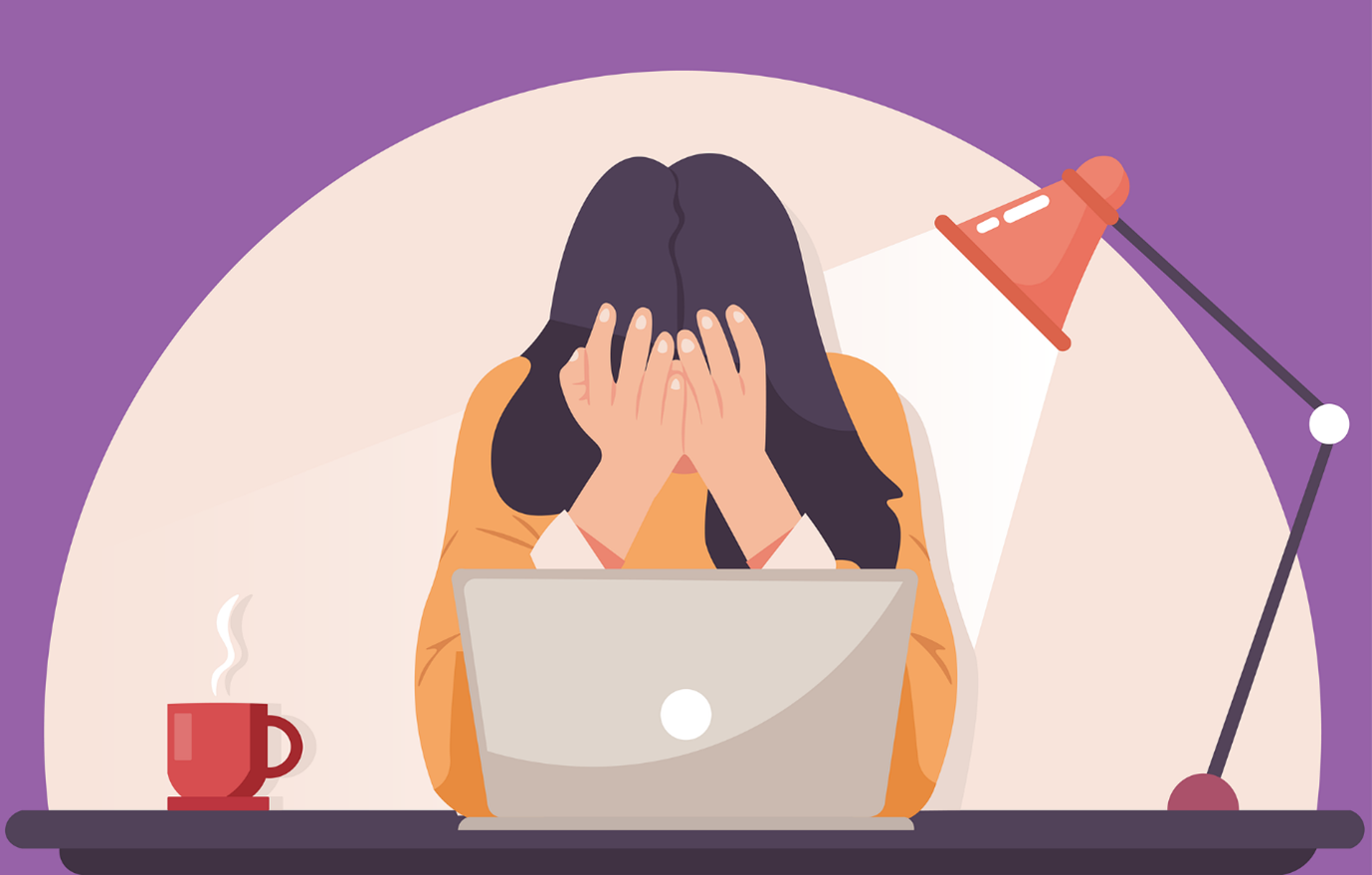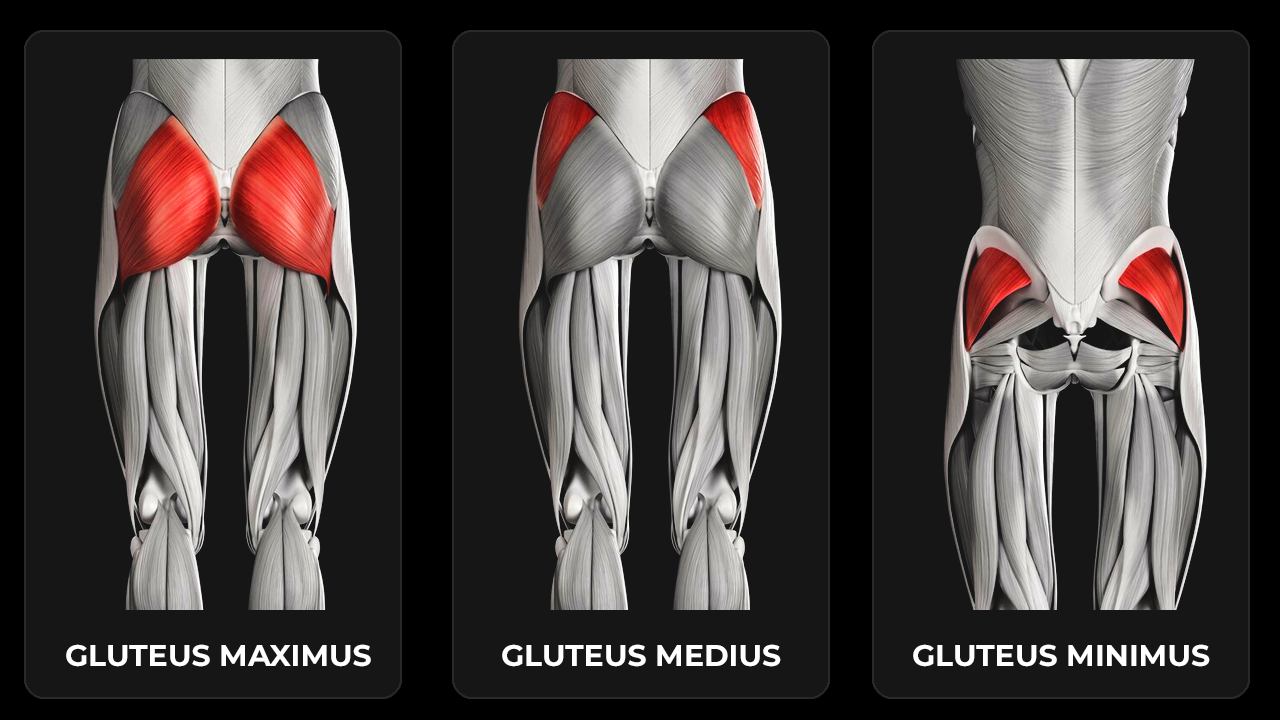Health Stress Management: Discover effective techniques and strategies to tackle stress for a healthier, happier life. Explore ways to understand, mitigate, and overcome the impacts of stress on your physical and mental well-being.
Understanding Stress
What is stress?
Types of stress
There are two main types of stress: acute stress, which is short-term and often triggered by specific events like a job interview, and chronic stress, which persists over a longer period and can result from ongoing issues such as financial problems or relationship difficulties.
Effects of Stress on Health
Physical effects
- Increased heart rate and blood pressure
- Weakened immune system
- Digestive issues such as stomach pain or diarrhea
- Headaches and muscle tension
Mental effects
- Anxiety and depression
- Difficulty concentrating or making decisions
- Irritability and mood swings
- Racing thoughts and insomnia
Behavioral effects
- Overeating or loss of appetite
- Substance abuse
- Social withdrawal
- Procrastination and neglect of responsibilities
Importance of Health Stress Management
Effective Health Stress Management is essential for maintaining overall health and well-being. Unmanaged stress can lead to serious health problems over time, including heart disease, obesity, and mental health disorders.
Effective Health Stress Management Techniques

Exercise and physical activity
Regular exercise releases endorphins, the body’s natural mood lifters, and helps reduce health stress management hormones like cortisol. Aim for at least 30 minutes of moderate activity most days of the week.
Mindfulness and meditation
Practicing mindfulness and meditation can help calm the mind and reduce stress levels. Techniques such as deep breathing, yoga, or tai chi can promote relaxation and a sense of peace.
Healthy diet
Eating a well-balanced diet rich in fruits, vegetables, whole grains, and lean proteins can support your body’s ability to cope with stress. Avoid excessive caffeine, sugar, and processed foods, which can contribute to anxiety.
Adequate sleep
Quality sleep is essential for managing stress. Establish a regular sleep routine, create a relaxing bedtime ritual, and ensure your sleep environment is comfortable and free of distractions.
Social support
Maintaining strong social connections can provide emotional support during times of stress. Reach out to friends, family members, or support groups to share your feelings and seek advice.
Seeking Professional Help
Sometimes, managing stress requires the assistance of a mental health professional. Therapists, counselors, and psychiatrists can offer valuable strategies and support for dealing with stress-related issues.
Creating a Stress Management Plan
To effectively manage stress, consider creating a personalized stress management plan:
- Identify stress triggers and patterns.
- Implement stress-reducing techniques such as those mentioned above.
- Prioritize self-care activities that promote relaxation and well-being.
- Seek professional help if needed.
- Regularly evaluate and adjust your stress management plan as necessary.
Conclusion
In conclusion, managing stress is a crucial aspect of maintaining good health and well-being. By understanding what stress is, recognizing its effects on health, and adopting effective stress management techniques, individuals can proactively address stress and lead healthier, happier lives.
FAQs
What are the signs of stress?
Signs of stress can include physical symptoms like headaches and stomachaches, emotional symptoms like irritability and anxiety, and behavioral symptoms like changes in eating or sleeping habits.
How does stress impact physical health?
Stress can impact physical health by increasing the risk of heart disease, digestive issues, weakened immune function, and more.
Can stress be good for you?
Some stress, known as “eustress,” can be beneficial as it can motivate and energize individuals. However, chronic stress is generally harmful.
How do I know if I need professional help for stress?
If stress is significantly impacting your daily life, causing severe anxiety or depression, or leading to harmful coping mechanisms, it may be time to seek professional help.
What are some quick stress-relief techniques?
Quick stress-relief techniques include deep breathing exercises, going for a walk, listening to calming music, or engaging in a favorite hobby.



